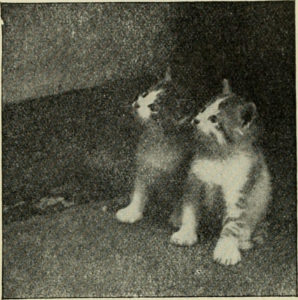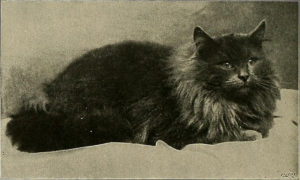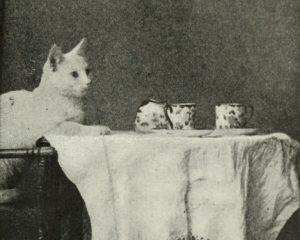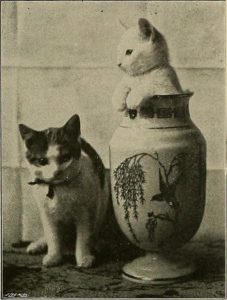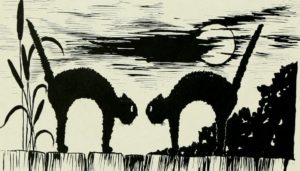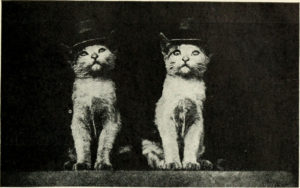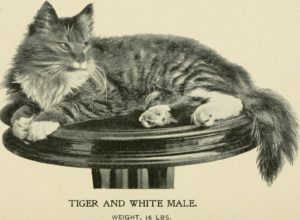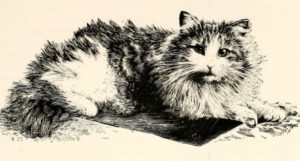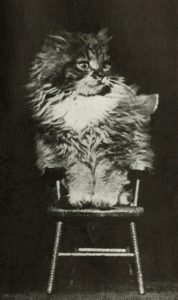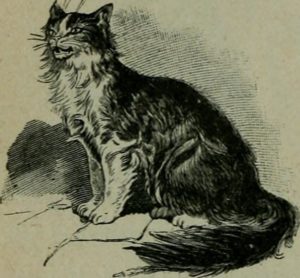
71st chat, Tuesday November 22: critical librarianship in a Trump administration
6pm Pacific / 7pm Mountain / 8pm Central / 9pm Eastern
Moderated by @bembrarian & @zinelib
Storify (pdf, html) by @Infinity_Dots
This is the first in what may be many chats about life in an information-hostile political regime. The questions are meant to be applied broadly to most facets of libraries and librarianship. Participants are encouraged to apply them to their specific library types or areas of focus, e.g., information literacy or special collections.
discussion questions:
- Q1. Please introduce yourself to #critlib. What strategies for self-care, if any, have you taken since the election results were announced?
- Q2. How can white & other libs of privilege extend care to patrons & staff of color/marginalized identities? In general? In crisis? #critlib
- Q3. How do cultures of authoritarianism/bigotry influence a librarian’s roles? How should a librarian confront political dissonance? #critlib
- Q4. How do you challenge “business as usual” while maintaining the core functions of the library? #critlib
- Q5. What tools and resources already exist to support a librarian’s and library’s resistance to regimes of hate? #critlib
- Q6. What are effective next steps for proceeding with librarianship during a Trump administration? How can we support one another? #critlib
To share a tweet semi-anonymously (via Jenna) for security purposes or because you don’t have a Twitter account either
IM jenna@jabber.org (NOT an email address)
or
email jenna@stealthisemail.com (not an email I normally use, so don’t contact me here other than tonight. I picked it because it’s not the Goog.)
Suggested Readings:
How is your library responding to the election results? from Libraries
We have created an open document to compile reading and resource contributions from everyone. Please check it out, add yours, and help organize it. We’re also happy to have someone take this project on in a more structured way.
